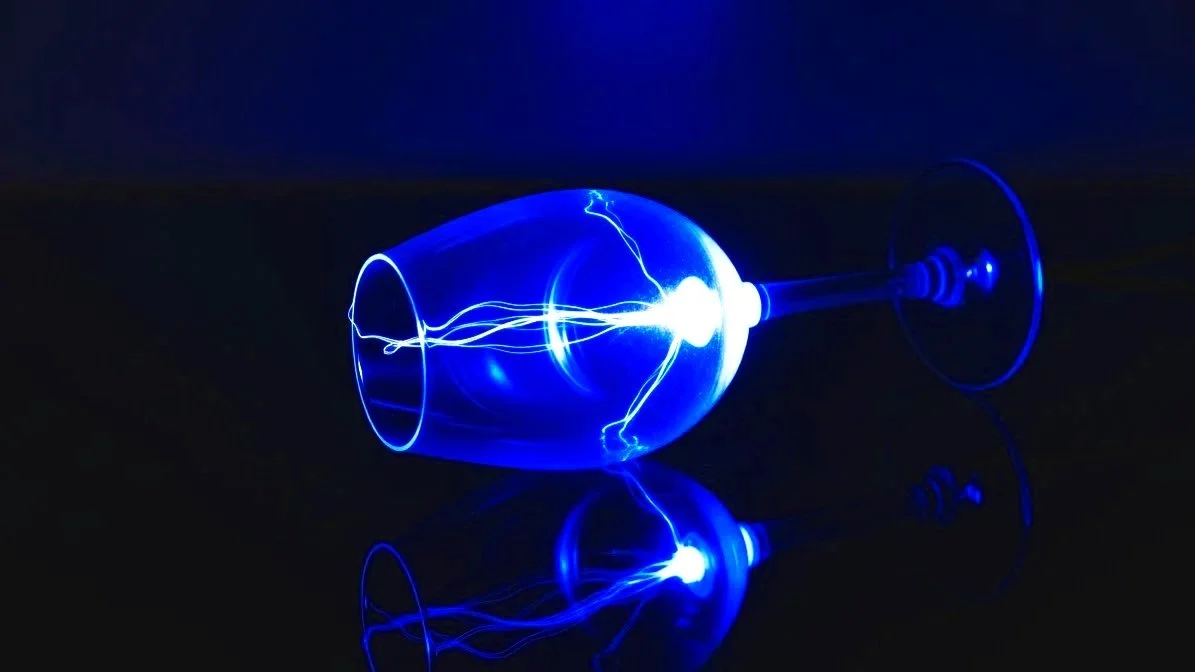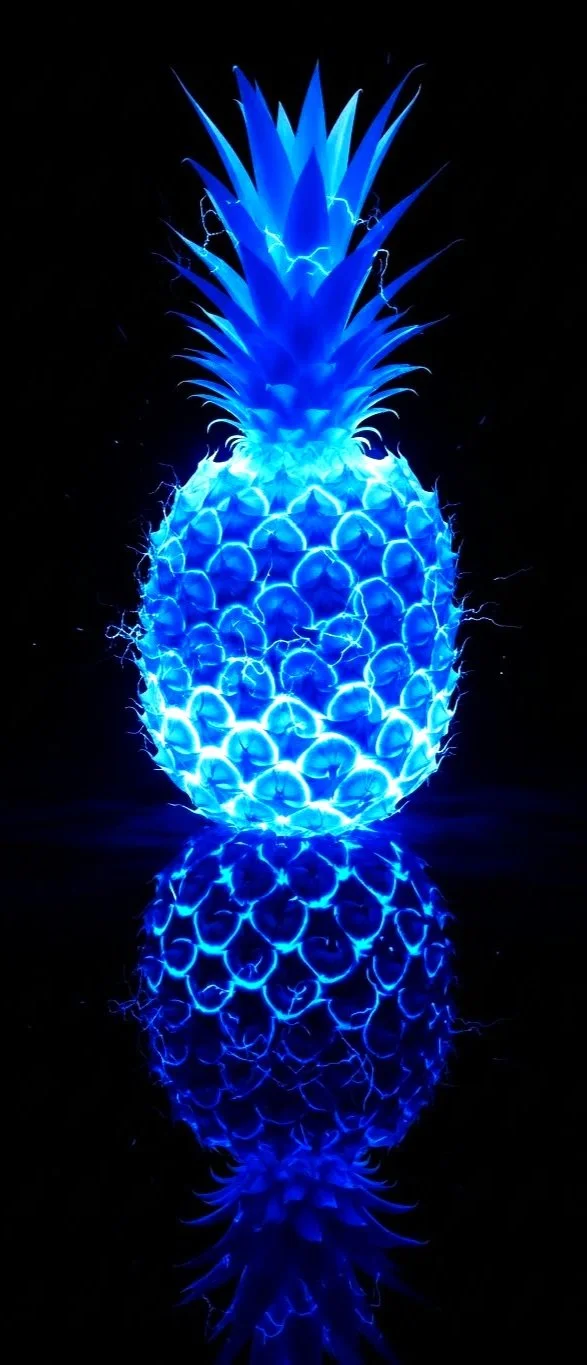Stop Guessing, Start Expressing
The chemistry of flavour cannot answer why we each experience the same product differently, but our flavour training workshops can.
Progressive Flavour Training
Too often teams focus on the chemistry but disregard how the body interprets the chemistry. The molecules are simply the stimuli. How the senses process them and how the brain represents them is unique for each individual.
Gaining a deep understanding of the processes and pathways that create flavour perception is therefore critical in a world where we demand more than simply flavour - we seek experiences.
What you will learn:
The Modern Definition of Flavour
The Power & Limitations of Language in Flavour
Olfaction & the Neurology of Smelling
Taste Receptors and Neurotransmitters
Mouthfeel from Somatosensation to Chemesthesis
Cross-Modal Integration in Flavour
Oral Enzymes, Microbiota, and other Flavour Modifiers
Cognitive Biases, Expectations, and Psychological Influences
Individual Variability in Flavour Perception
The Neurology of Expertise & Flavour Fluency
Subthreshold Odours and the Illusion of Flavour
The workshops can be delivered in-person at a convenient location for your team, or virtually to engage global teams.
What Are The Benefits?
Replace sensory confusion with sensory fusion
The food and drink industry is constricted by common misunderstandings around how we experience flavour. Removing such myths creates clarity and more meaningful experiences.
Give people confidence - build trust and loyalty
Giving people the tools they need to understand and appreciate flavour on a whole new level empowers them to confidently enjoy products, which in turn creates trust and loyalty for your brand.
Make experiences more meaningful, not more technical
It’s easy to hide behind the technical jargon of expertise. Learn to simplify flavour and upheld misconceptions to create experiences that build a lasting impression.
Create social currency and word of mouth
Opening minds to the secrets of flavour is something to get excited about, and something worth sharing. Transforming your guests into brand advocates is powerful marketing.
Build brand awareness, brand image, and competitive positioning
How do you stand out in a saturated marketplace? Creating extraordinary experiences is a clear way to get people talking.
Become forward-thinking leaders in sensory experiences
When the common narrative is around production processes and repeat-after-me tasting experiences, you have a golden opportunity to stand out as experts in the new frontier of flavour.
Are Our Workshops For You?
Whether you distil whisky, lead sensory panels, are a wine educator, host distillery tours, or engineer flavours, the same principles apply because the process of transforming chemical information into cognitive perception is universal.
Each workshop is tailored to the exact needs of the team but the fundamentals remain the same. For example, if you want to create better guest experiences - we can help you with that. Or if you want improve sensory panel data reliability - we can help you with that too.
Flavourists (Flavour Creators / Flavour Chemists)
Understanding psychophysics and flavour neurology helps design formulations that match human perception, ensuring that chemical composition truly aligns with desired sensory impact across contexts, temperatures, and matrices.
Flavour Scientists / Flavour Technologists
Training in sensory psychology and perception strengthens your ability to predict how ingredients interact in the brain, not just in the lab, leading to more accurate modelling of thresholds, mixtures, off-notes, and consumer liking.
Sensory Analysts / Sensory Scientists / Panel Teams
Understanding perceptual mechanisms improves accuracy in evaluating flavour, aroma, and texture, and enhances panel design and interpretation.
Food & Beverage Product Developers
Knowledge of how flavour is perceived helps design products that deliver consistent, targeted sensory experiences consumers actually notice and enjoy.
Brand Ambassadors (Food, Drink, Spirits, Hospitality)
Our workshops help ambassadors communicate flavour more accurately and engagingly, turning complex sensory science into compelling stories that deepen consumer connection.
Visitor Centre & Experience Teams
Understanding how people perceive flavour enhances the ability to guide tastings, design immersive experiences, and educate guests with confidence, making visits more memorable, interactive, and scientifically grounded.
Whisky, Wine, Beer, & Spirits Producers
Understand how small chemical changes translate into large perceptual differences, refining production decisions and communication.
Chefs / Culinary Innovators
Insights into sensory integration and cross-modal perception allow chefs to craft dishes that maximise flavour impact, balance, and emotional resonance.
Bartenders / Mixologists
Our training helps predict how aroma, taste, and mouthfeel interact, and how guests will perceive complex drinks under different contexts, occasions, and settings.
Perfumers / Fragrance Developers
Psychophysics deepens the understanding of intensity, hedonic tone, and perceptual thresholds, enabling more precise formulation and storytelling.
Coffee, Tea, and Chocolate Tasters
Knowledge of sensory adaptation, expectation, and attention helps professionals deliver more reliable evaluations and reduce cognitive bias
Wine Sommeliers / Spirits Educators
The neuroscience of flavour strengthens the ability to teach, describe, and communicate sensory experience using accurate, brain-based principles.
Marketing & Branding Professionals (Food, Drinks, Hospitality)
Understanding how people form flavour memories improves storytelling, product positioning, and emotional engagement with consumers who seek experiential immersions.



